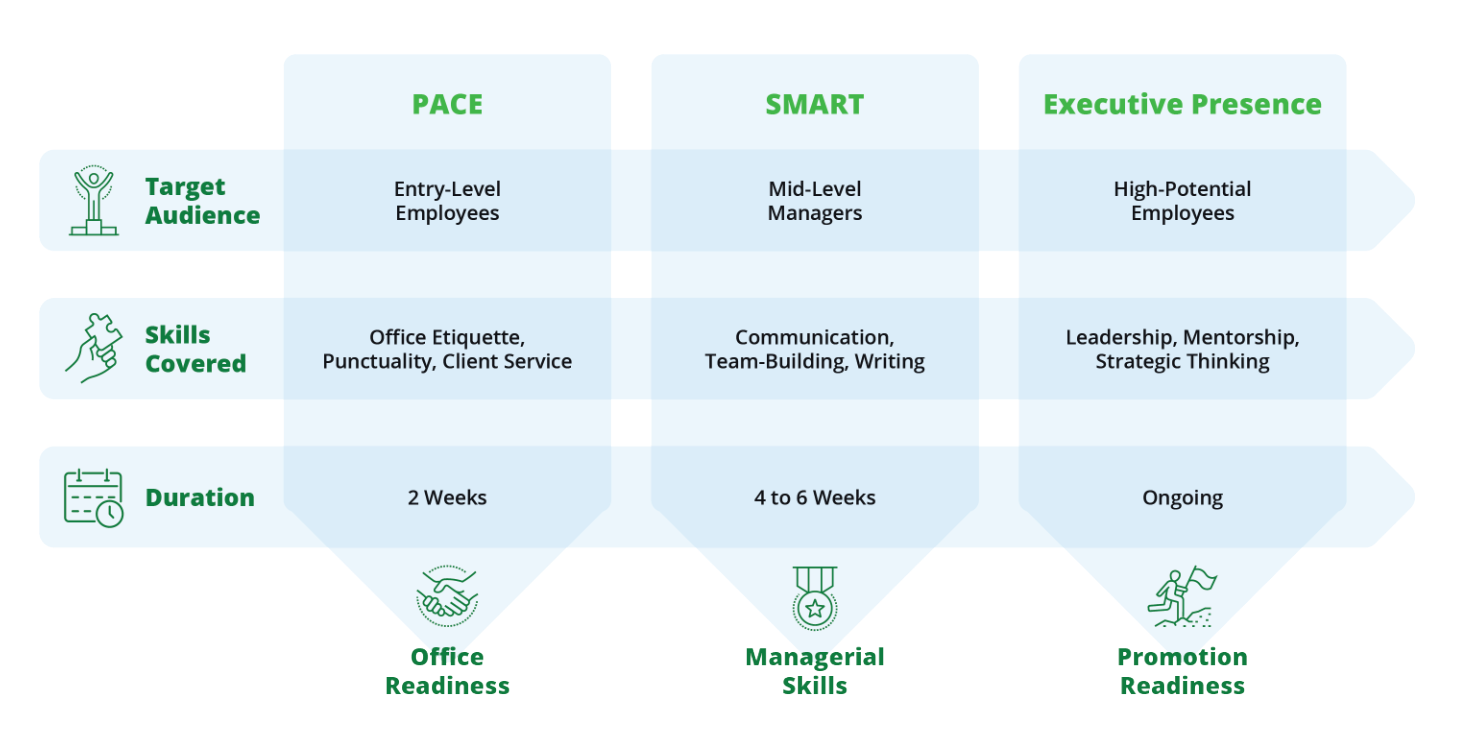Preventing Employee Data Theft
Innovate & Integrate
One in three employees have taken or forwarded confidential information out of the office on more than one occasion, a recent survey commissioned by Iron Mountain reveals. The study showed that many employees have no qualms about taking highly confidential or sensitive documents with them when they leave – and most believe they're entitled to doing so. As work shifts beyond one office and our data footprint expands, protecting company information from leaving your organization is more critical than ever, yet increasingly complicated.
Along with databases, employees who take information are walking out the door armed with presentations (46%), company proposals (21%), strategic plans (18%), and product/service roadmaps (18%) – all of which represent sensitive and valuable information, critical to a company's competitive advantage, brand reputation, and customer trust.
The study found that employees who resign don't generally take data out of malice; they do so because they feel a sense of ownership or believe it will be useful in their next role. Two-thirds of respondents admitted taking information they contributed towards acquiring, and 72% said they thought the information would be helpful in their new job. The picture changes, however, when employees are terminated. The study reveals that as many as one in three office workers (31%) would deliberately remove and share confidential information if fired. "Companies concerned about information security tend to focus on building a fortress around their digital data and then forget about the paper and the people." Patrick Keddy, Iron Mountain Executive.

Establish a Strict Policy
These findings highlight the importance of developing information management policies with human resources as a part of corporate information responsibility programs. Firms of all sizes, across all business sectors, need to establish robust employee exit procedures with guidelines recognizing that people's feelings directly influence their behavior and actions.
Further, outlining employer and HR policies from the beginning of employment will inform your workforce of guidelines throughout their career and set the stage to be proactive instead of reactive. Beyond the intention of leveraging a new job, when data leaks, sensitive information can also be compromised, and fines can accrue. Establishing a digital policy plan from the onset is the best path to protect company information and ensure employees comply.
Go Digital
Hard copies and flash drives are much more challenging to safeguard or recover from employee departures. One way to avoid this problem is by going digital with your documents. You can immediately restrict employee access to software and systems by storing your important documents electronically. Firewalls, antivirus software, two-factor authentication, and passwords are essential additions for protecting sensitive data.
Learn more about IST's electronic document management system, DocStor.
Bring in Forensics
U.S. businesses lose tens of billions of dollars annually to employee data theft. Targeting these instances and safeguarding your operation can be complex without the expertise of a Forensic Analyst. Forensic Analysts understand the laws, regulations, and policies that govern an organization, aligning visions for HR, management, and IT. They can acutely assess electronically stored information (ESI) and cull data in the event of litigation.
With the increase of applications used for work and the sprawl of data framing one organization's vision, now is the time to implement digital policies for your current and future employees.
Learn more about IST's Digital Forensics Services, here.

About Us
IST is the leader in providing professional services and business advisory services to organizations seeking to transform operations, catapult growth and stay ahead in ever-changing competitive markets. IST makes your non-core functions our mission-critical responsibilities by guaranteeing advanced technology, proven effective processes, quality trained people, and most importantly, a passion for serving you so that you can, in turn, better serve your customers.
Contact Info
IST Management Services, Inc.
1341 Moreland Ave SE, Atlanta, GA 30316





